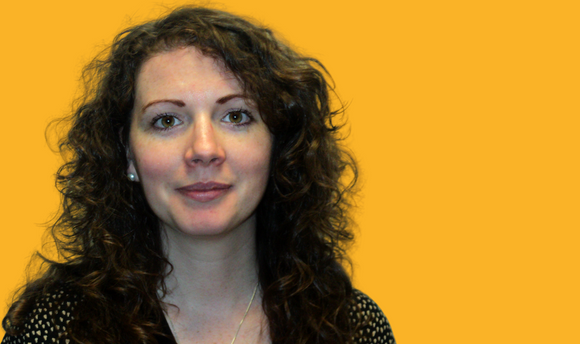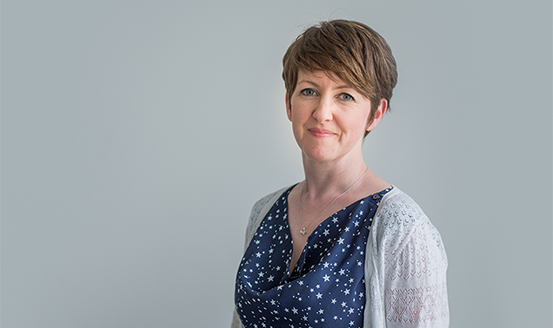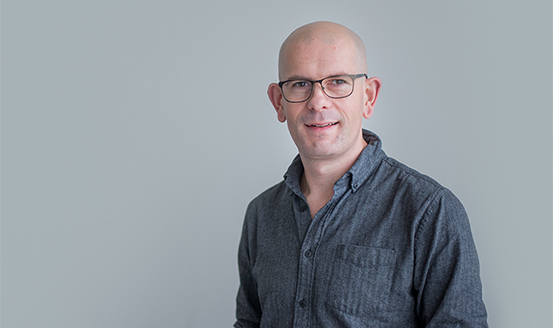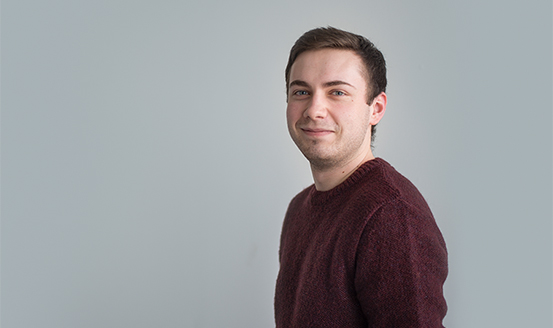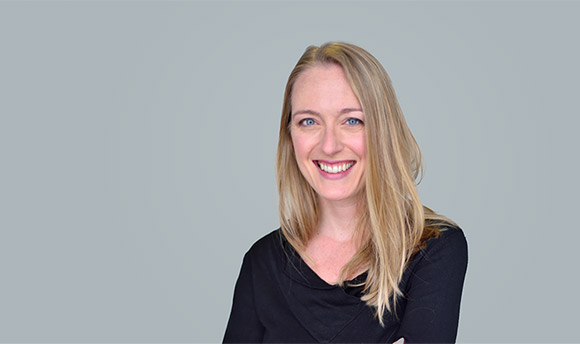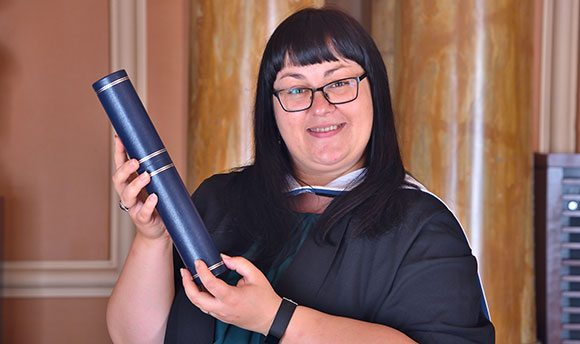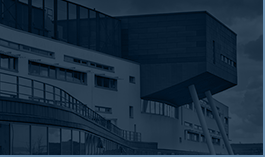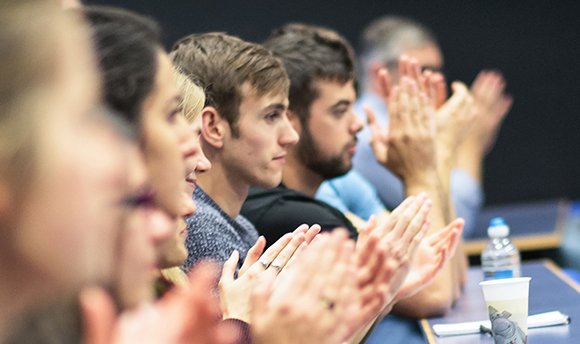This course is still open for entry in September 2024 – please visit our Clearing and Late Application page.
Psychology - BSc (Hons)
Our BSc (Hons) in Psychology will equip you with the transferable skills and analytical abilities that top employers are actively looking.
Why do humans think, feel and behave the way we do? On this course you will find answers to some of the most fundamental and fascinating of questions like these and paves the way for a variety of careers.
The course is student-focused and research-informed. It offers students the opportunity to work closely with staff on current, real-world projects and collaborations.
When you graduate* you will be able to join the British Psychological Society BPS as a graduate member, an essential step on the journey to becoming a professional psychologist.
*with a 2:2 honours degree or higher.

Why QMU?
- Professional accreditation/registration: The course is accredited by the British Psychological Society (BPS). Successful completion of this degree (2:2 or above) confers Graduate Basis for Chartered Status (GBC) with the BPS, enabling access to professional training as a Chartered Psychologist (educational, organisational or forensic psychology).
- Stimulating learning environment: We offer a stimulating environment in which students can develop the intellectual and professional edge needed for working with 21st century society.
- Staff expertise: Our staff work on outward-facing, innovative and cross-disciplinary research.
- Support for students: Our class sizes are smaller compared with some universities, so you have closer and more personal support and guidance from our staff.
Psychology - BSc (Hons): The course in brief
On this course you will:
- learn the valuable skills needed to think critically and scientifically;
- engage in research activity throughout your degree;
- learn across six core areas of psychology (cognitive, biological, historical, developmental, social and individual differences);
- gain extensive practical training in research methods;
- learn to use scientific methods and evidence to understand psychological experiences. Crucially, learn how to think, write and critique in a scientific way, giving you the core skills you need to follow a career in the field; and
- enhance your broad psychological knowledge by specialising in your choice of dissertation topic and elective modules.
How will I be taught?
Structure
You can opt to study for an honours degree over four years or an ordinary degree over three years. You will complete a range of modules each year as outlined.
Teaching, learning and assessment
You will be taught in lectures, seminars, practical workshops and laboratories. Outside these timetabled sessions you will be expected to continue learning through self-study. You will be assessed by essays, case studies or group projects, presentations and written exams.
Exchange opportunities
In Year Two you have the opportunity (subject to availability) to study for one semester at a university overseas. Please visit the Exchanges and Study Abroad pages for more information.
Teaching staff, class sizes and timetables
You can read more about the teaching staff on this course at the bottom of this page. Please note that teaching staff is subject to change.
For more information, please also visit ‘How we teach and how you’ll learn’.
What will I learn each year?
Year One
You will:
- learn the building blocks of classic and contemporary theory and research in psychology, and look at the historical dimensions of the discipline as a whole; and
- select from optional classes in other disciplines, including Sociology and Physiology.
Modules
- Introduction to Psychology 1
- Foundations of Psychology: Core Concepts and Practices
- Introduction to Psychology 2
- plus 60 credits from another topic. Optional modules may be in sociology, biological sciences or education. Please note that optional modules may vary year on year and may not always be available.
Year Two
You will:
- move towards evaluation of the core domains of social, developmental, individual, cognitive and biological psychology through a variety of teaching and learning methods, including group work, skills practice, and problem-based learning;
- be encouraged to participate in and reflect on current research taking place in the Division of Psychology, Sociology and Education at QMU;
- also study another chosen subject for the first semester of Year Two; and
- Have the opportunity (where available) to study for one semester at a university overseas. Learn more about exchanges and studying abroad.
Modules
- Social and Developmental Psychology
- Exploring Research in Psychology
- Biological and Cognitive Psychology
- Individual Differences, Wellbeing and Ethical Practice
- Enquiries in Psychology
- plus 20 credits from another topic. Optional modules may be in sociology, biological sciences or education. Please note that optional modules may vary year on year and may not always be available.
Year Three
You will:
- continue to critically reflect on the historical underpinning of psychology and progress your knowledge and critical awareness within the core areas; and
- further refine your research skills with the opportunity to gain experience of quantitative and qualitative research, as well as the critical appraisal of research ethics and the identification of an area to explore in your Year Four dissertation project.
Modules
- Social Psychology and Social Justice
- Psychobiology in Context
- Historical Perspectives in Psychology
- The Skilled Researcher
- Developmental Psychology
- Cognitive Psychology
Year Four
You will:
- choose modules that suit your interests and focus on real-world applications of psychology. For example, in the Psychology for Contemporary Issues module you will reflect on how you can use your psychology knowledge to approach current problems and issues in society; and
- carry out a research-based dissertation in a specific area.
Modules
- Psychology for Contemporary Issues
- 40 credits from dissertation research
- plus three modules from a range of options. Provision varies on a year-by-year basis but examples include: Memory: Origins and Structures/Cognitive Science of Belief/Evolutionary Psychology in the Modern World/Eyewitness Psychology/Happiness and Wellbeing/Psychology of Pain/Peer Relations in Childhood and Adolescence/Political Psychology
NB The modules listed here are correct at time of posting (Feb 2023) but may differ slightly to those offered in 2024. Please check back here for any updates.
Career opportunities
From sports to sales, research to nursing, media to marketing, our graduates have used their psychology skills to forge a huge variety of careers. You can also go on to develop your expertise via postgraduate study which is the typical route to a career in professional psychology.
Psychology - BSc (Hons): Entry requirements and application information
Entry requirements
Scottish Higher: Standard - BBBCC, Minimum - BCCCC
A Level: BBC
Irish Leaving Certificate: H3 H3 H3 H3 H3
International Baccalaureate: 30 points
International: IELTS of 6.0 with no element lower than 5.5
Required subjects: Maths and English at Nat 5/GCSE. We can also accept National 5 Application of Maths or Lifeskills at the same grade.
Am I a Widening Access student?: We apply the minimum entry criteria to applicants who meet one or more contextual factor. To see if this would apply to you, please refer to the access and application page.
Mature/Access: We welcome applications from mature students with relevant qualifications and/or experience. Visit our College Leavers and Mature Students Advice page for more information.
Direct Entry:
Year Two
- HNC in a related subject with A in the graded unit or HND with CB in the graded units may be considered
For details of related HNC and HND courses, visit our College Leavers and Mature Students Advice page.
Disability/health conditions
If you have a disability, long-term physical or mental health condition, or learning disability, it should not stand in the way of your studying at QMU. However, if you are not sure whether your disability might be a barrier in your studies or in relation to the professional standards, please contact the disability service who will be able to have a conversation with you about reasonable adjustments and supports available to you.
Terms and Conditions
The delivery of this course is subject to the terms and conditions set out in our 2024/25 Entry Terms and Conditions (Undergraduate).
Associate student places
You can study this course as an associate student, completing the first year at Newbattle Abbey College.
Read more about the Associate Student Scheme.
Awarding body
QMU
Become your best you: study at QMU
Course Overview
A student story - more at foot of page
Our research in this area
Opportunities to meet us: open days and more
As well as open days, we offer campus tours and online events throughout the year to help you find out more about student life and studying at QMU.
Open days and other ways of meeting us: more information
